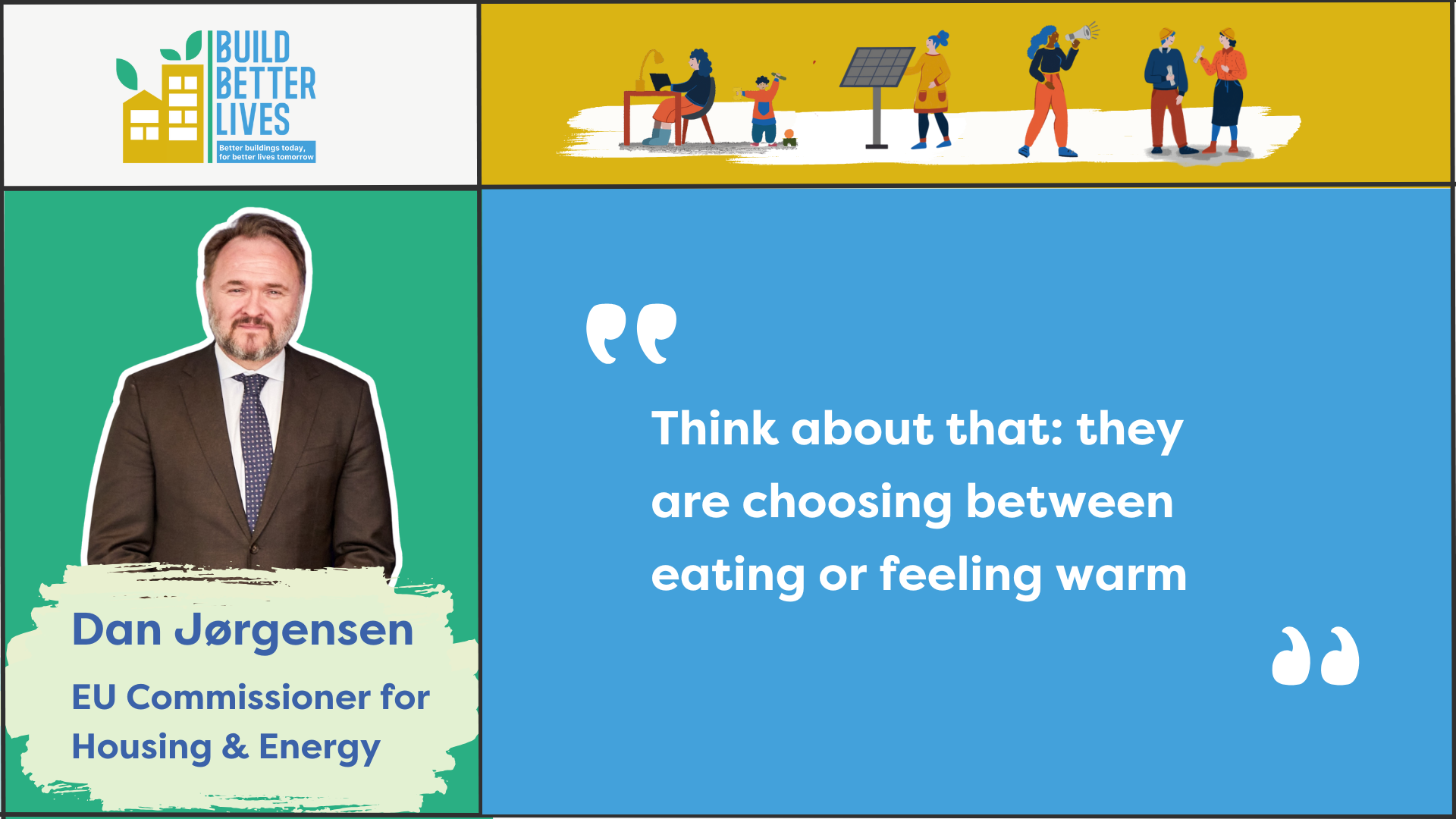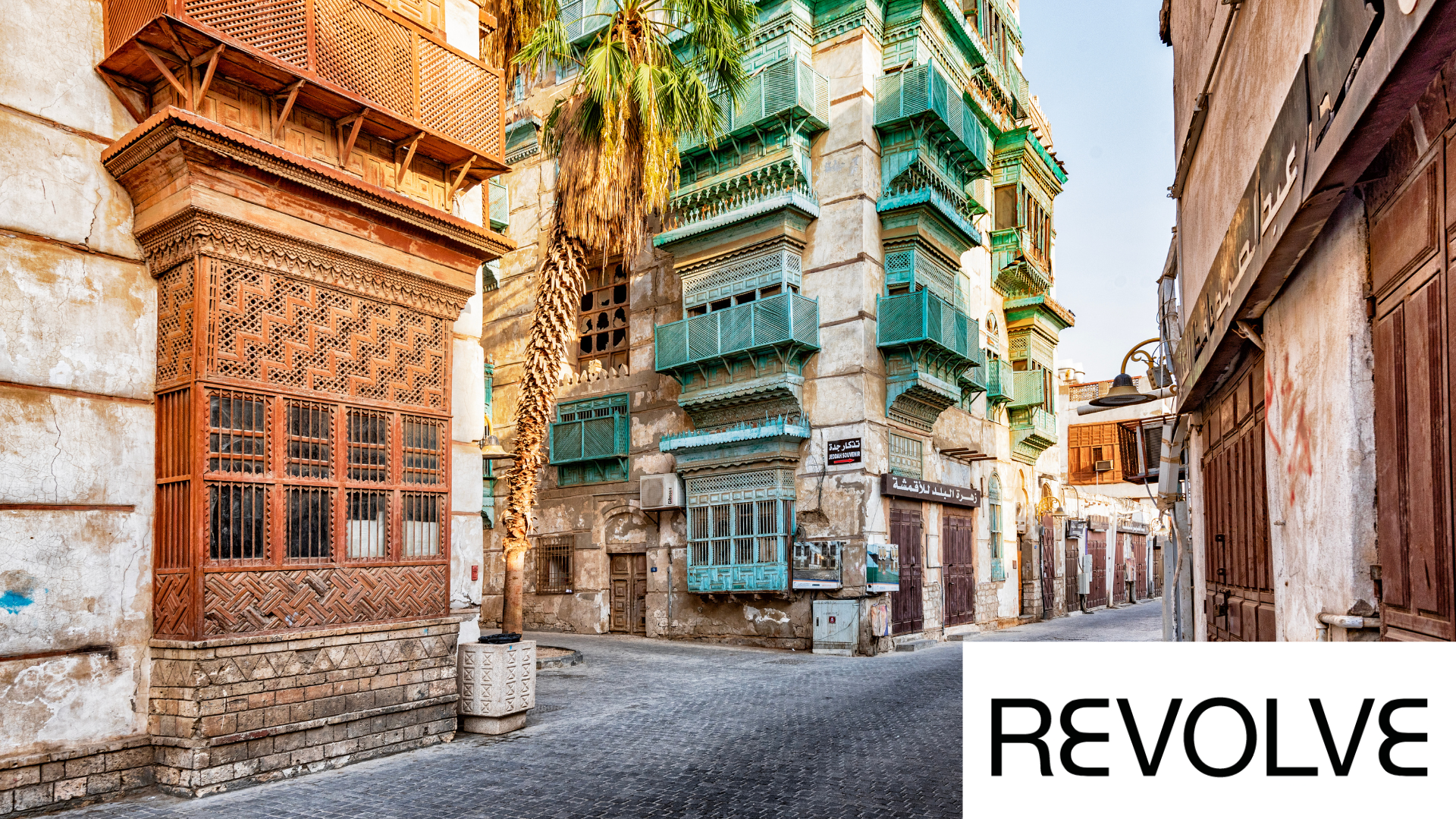
This article was orginally published on the MIRA Network on the 6th March, 2025.
The meeting “ Build Better Lives: Ensuring adequate, accessible and energy efficient housing for all ” on 5 March (Spazio Europa – Rome) brought together experts from different sectors to open a discussion on the challenges and opportunities of the ecological transition and the redevelopment of the building stock , with an eye on European and national policies.
In the opening speech, Andrea Tobia Zevi, Councilor of the Municipality of Rome, underlined the importance of aligning with the objectives of the 2030 Agenda, highlighting the need for urban planning that integrates the ecological transition. Rome, he explained, represents fertile ground for urban regeneration, but he also criticized the Superbonus , considering it a useful tool but not always in support of the most vulnerable categories. Next, Francesca Cigarini, of the European Commission, linked the Green Deal to the needs of citizens in a complex geopolitical context. She illustrated the measures adopted by the EU for energy independence and building efficiency, focusing on the Social Climate Fund , which between 2026 and 2032 will make 80 billion available to support families and the construction sector .
In the first panel, Eva Brardinelli of CAN Europe delved into the EPBD Directive , which introduces minimum energy performance standards and incentives for the retrofitting of the most energy-intensive buildings. She reiterated the need for a solid legislative framework to ensure the effectiveness of the measures envisaged. This reflection was joined by Mariangiola Fabbri of BPIE , who presented a preview of the Building Climate Tracker, an index that measures progress towards climate neutrality by 2050. She highlighted how the Italian building stock is still far from this goal and analyzed the impact of the Superbonus, which has stimulated investments but whose effect on renewables requires further investigation.
The first part of the morning was concluded by the speech of Francesca Andreolli of ECCO who emphasized the social dimension of the transition , highlighting how incentives have so far benefited the wealthiest groups. She presented an analysis conducted with the Bicocca University to measure the extra-financial impact of redevelopment policies and proposed measures for greater equity, including the stability of deductions and the progressive reduction of IMU for second homes for rent.
The round table provided concrete examples. Giacomo Pellini of Kyoto Club illustrated good practices of energy requalification , such as the Towers of via Russoli in Milan and the Fiorita Passive House in Cesena, demonstrating the potential of targeted interventions to improve efficiency and living comfort. Cecilia Hugony of Renovate Italy underlined the importance of a stable industrial plan for building requalification , highlighting the risks deriving from market instability and the problem of the loss of skills. She also showed data on extreme temperatures in non-requalified buildings, highlighting the urgency of a more effective management of the systems. Giacomo Virgilio of Filca Cisl instead offered a trade union vision , highlighting the crisis of construction companies and the regulatory difficulties, which are accentuating territorial inequalities. He reiterated the need for a systemic approach to guarantee equity in urban regeneration.
On the topic of health in buildings, Gaetano Settimo of the Istituto Superiore di Sanità explained the importance of ventilation and the choice of materials, giving the example of the increase in mortality from carbon monoxide in the winter months and underlining the urgency of more effective prevention strategies. Another key aspect was the social impact of energy efficiency, addressed by Fabio Gerosa of Fratello Sole . He presented redevelopment projects in the third sector, such as the one in Monza, where a class G building was transformed into A4 to host patients undergoing leukemia therapy free of charge. He highlighted the difficulties in accessing funding for non-profit organizations and the need for support figures to facilitate these processes.
To close the meeting, Francesca Canali of MIRA Network highlighted virtuous cases of energy efficiency, such as the Emilia-Romagna Region call for proposals to support renewable energy communities . The event was moderated by Giovanni Mori, who reiterated the importance of building alliances to direct available funds towards concrete interventions, capable of generating a positive and lasting impact on society.
Here is the recording of the meeting:


